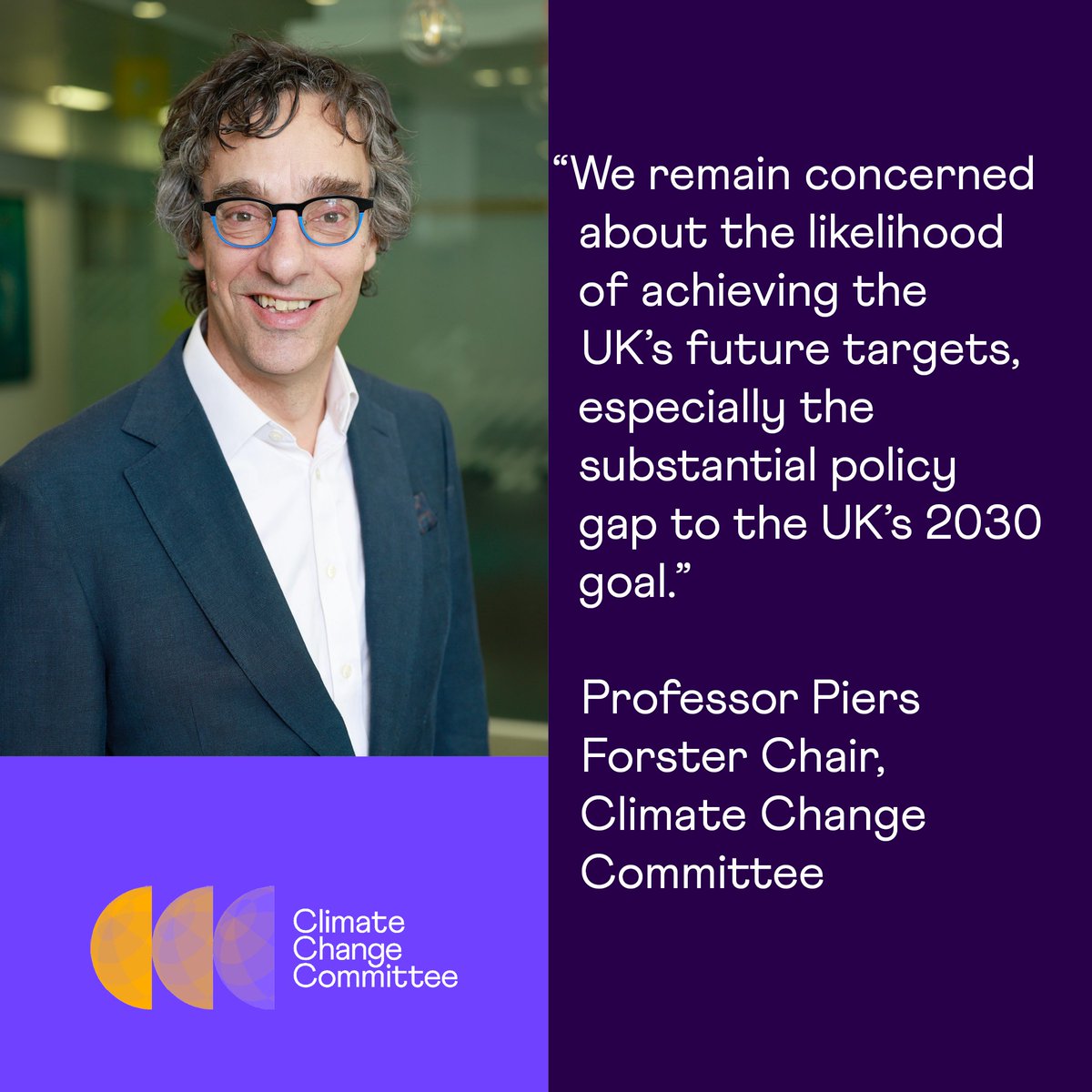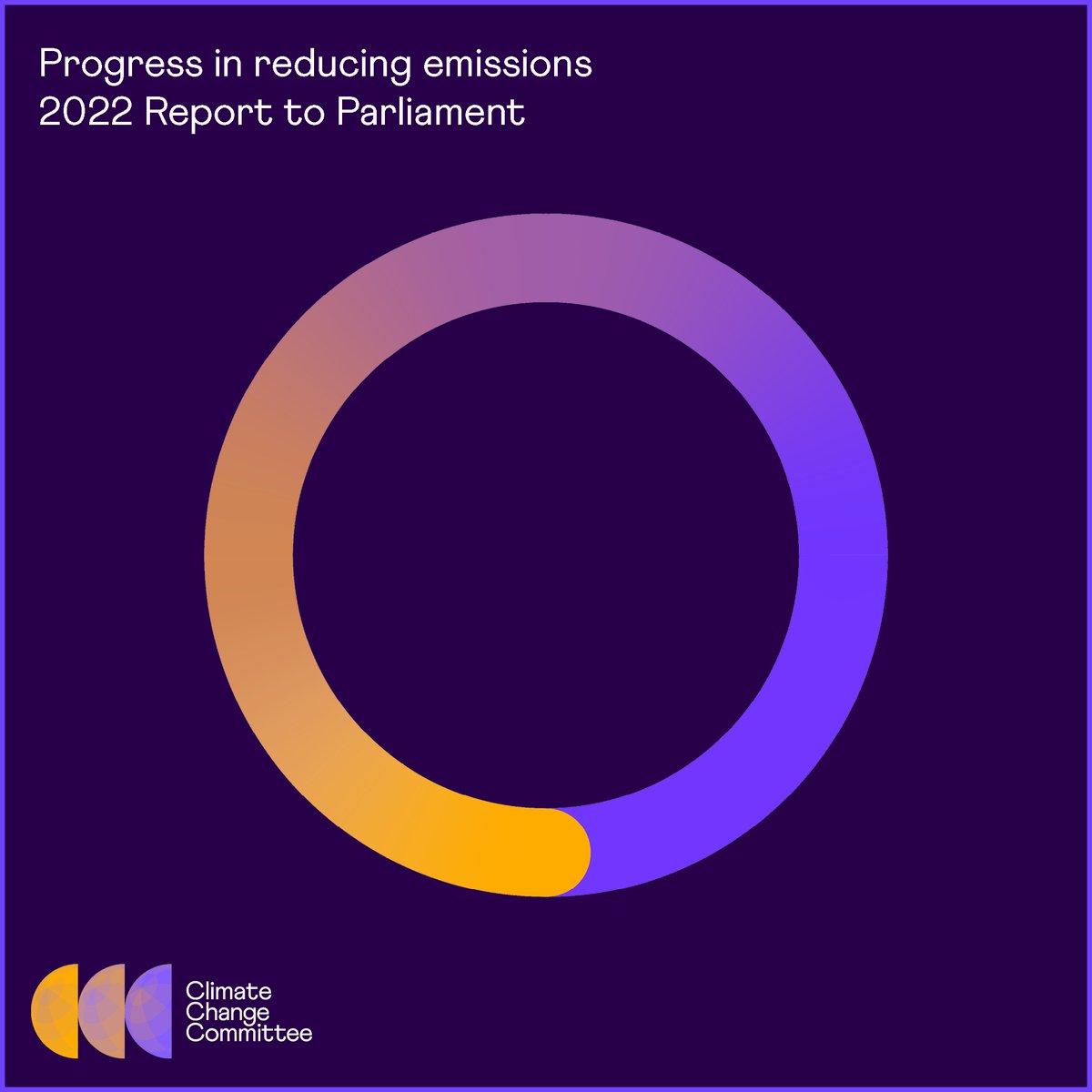The Independent Assessment of UK Climate Risk (CCRA3) considers more than 60 risks and opportunities affecting every aspect of life in the UK. We find that the overall level of risk facing the UK has increased in the last five years. #UKClimateRisk (1/10) 

The climate is changing, in the UK and globally, with further warming up to 2050 now largely inevitable. Only by understanding and preparing for the coming changes can the UK prosper: protecting its people, its economy, and its natural environment. (2/10) 

This latest five-yearly independent risk assessment sets out where further planning and action to adapt to climate change is most urgently needed. Several hundred experts from across the UK have contributed to the risk assessment over the past three years. (3/10) 

The level of urgency for additional adaptation, over and above what is already planned, has increased in the last five years, largely due to the rate of increase in risk outstripping the pace of adaptation in most sectors. (4/10) 

At the UK level, nearly 60% of the risks and opportunities assessed in the Technical Report have been given the highest ‘more action needed’ urgency score, compared to 36% for the last assessment in 2016. (5/10) 

The Committee highlights eight priority risks as critical for adaptation action in the next five years. These priorities are based on our assessment of where further action and integration of adaptation into major policies is most urgently needed. (6/10) 

The Independent Assessment (CCRA3) highlights another ten cross-cutting issues that need to be addressed to improve understanding of risk and enable effective adaptation to climate change. (7/10) 

The Government has to date not heeded our advice on the importance of setting this adaptation framework and resourcing it adequately. This needs to change. We are already experiencing changes in the UK now and this requires urgent action. (8/10) 

There are strong economic benefits from taking further adaptation action. Adaptation can lead to large scale reductions in damages as well as providing a range of co-benefits to health, to the natural environment and the economy. (9/10) 

Adaptation to climate change has not been sufficiently prioritised in UK policy. The Government must now set out a clear, measurable vision for a well-prepared UK and bring forward the policies to deliver it. More: bit.ly/3cIVd2k (10/10) 

• • •
Missing some Tweet in this thread? You can try to
force a refresh
















